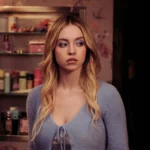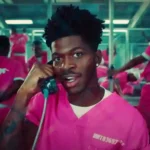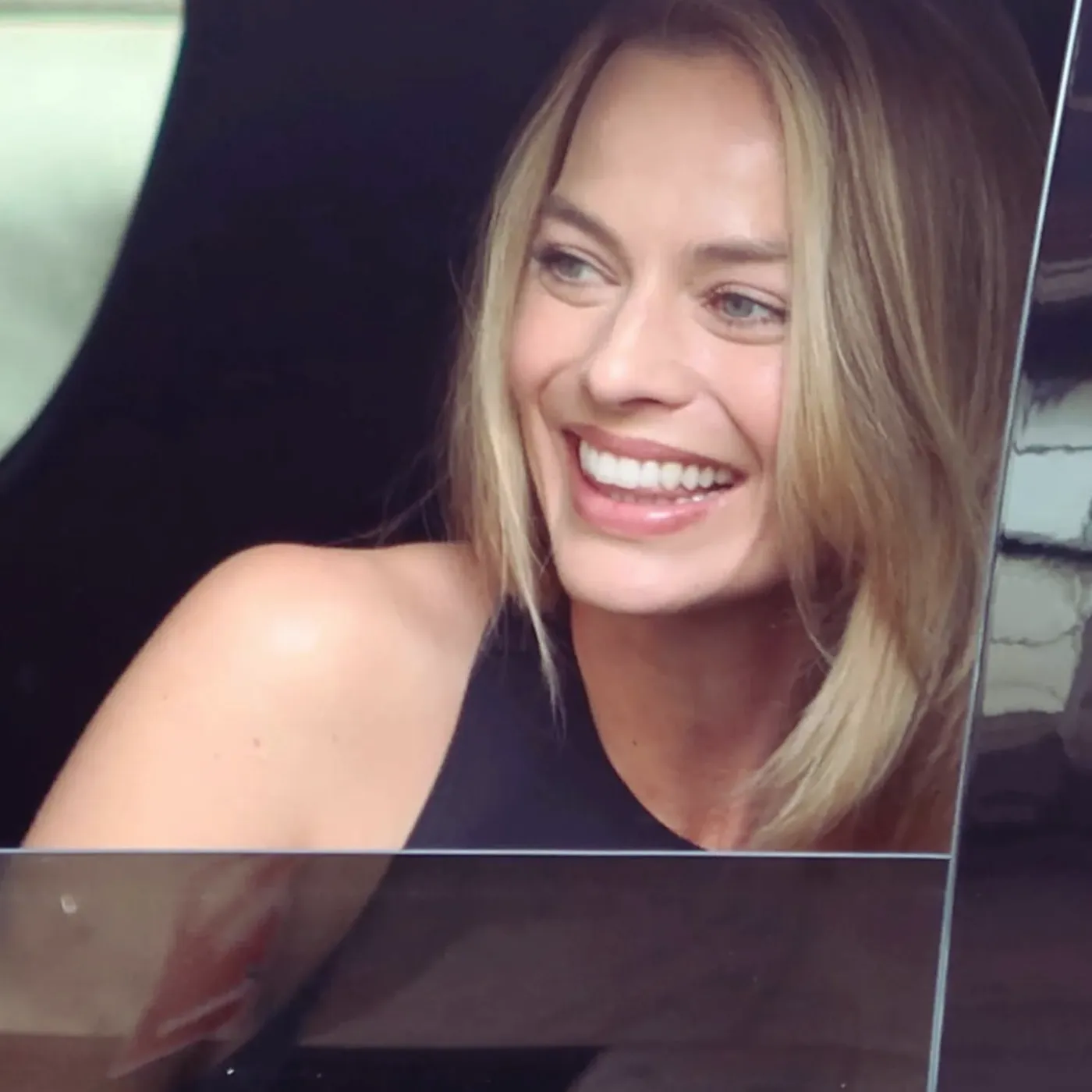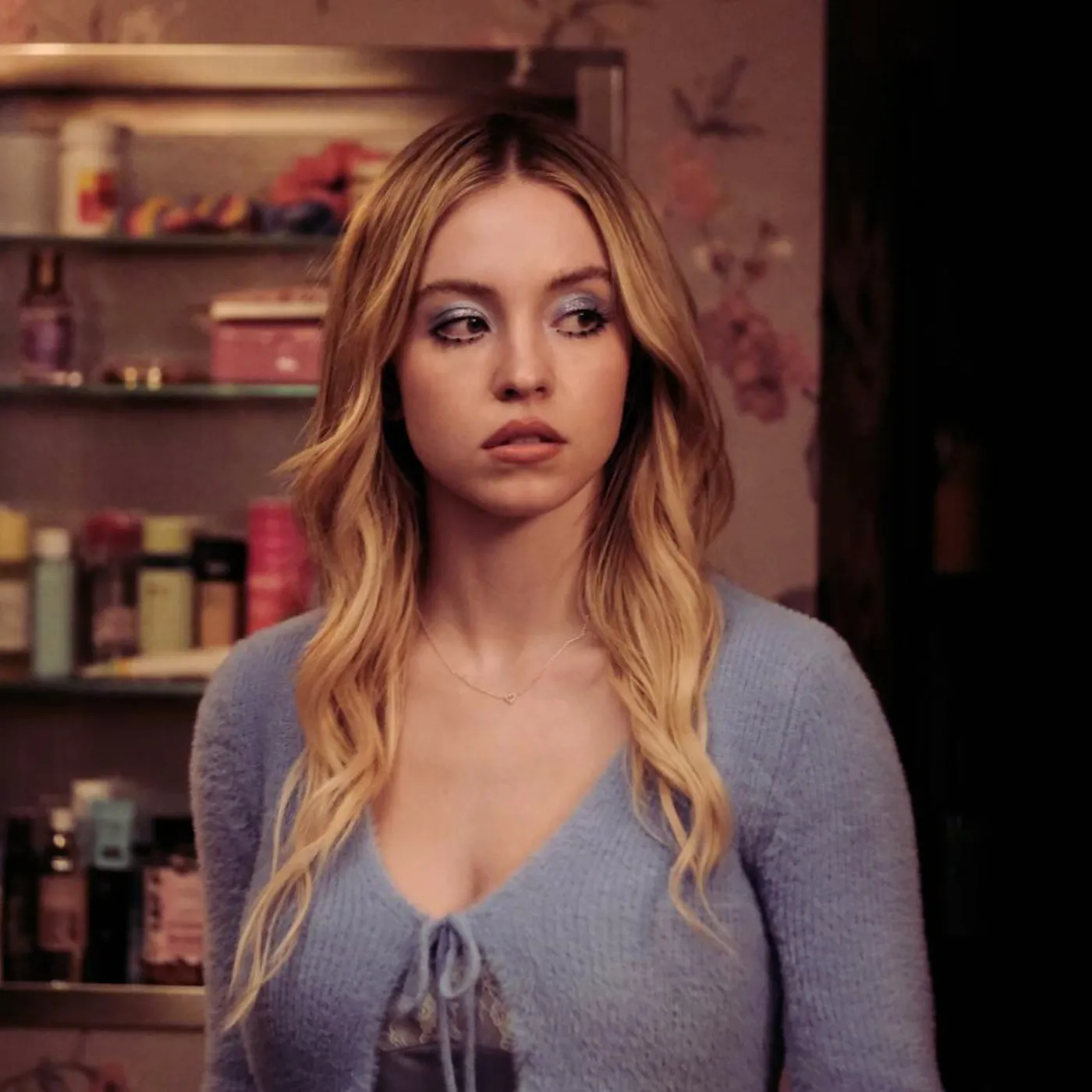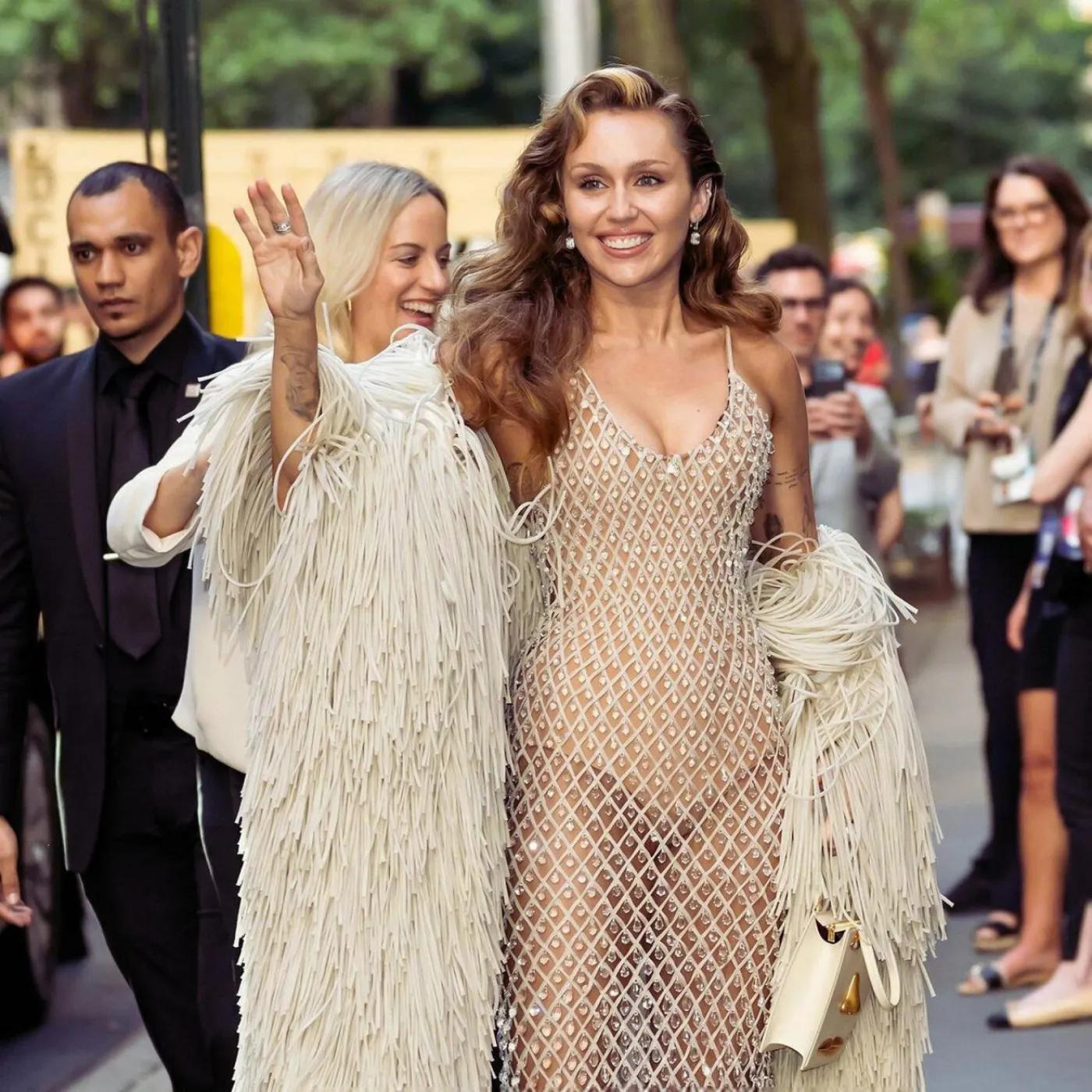

The Problem with Wanda, A Character Ruined by Her Own Choices
In the sprawling tapestry of pop culture, few characters have captivated audiences as deeply as Wanda Maximoff, also known as the Scarlet Witch. Her journey from a grieving orphan to a reality-warping powerhouse has been both inspiring and heartbreaking. But for all her strengths and tragedies, a darker truth lingers beneath the surface. Is Wanda’s character arc a masterpiece of storytelling, or has she been irreparably ruined by her own choices?
Let’s explore how Wanda’s evolution has left fans divided and why her actions might have turned her greatest potential into her most significant flaw.

Wanda’s Rise: The Tragic Hero We All Rooted For
When Wanda Maximoff first appeared in the Marvel Cinematic Universe (MCU), she was a character built on sympathy. A young woman who had lost everything—her family, her home, and even her sense of belonging—Wanda’s story resonated deeply with audiences. Her powers were awe-inspiring, but it was her vulnerability that made her truly relatable.
Her relationship with Vision, a synthetic being who somehow brought her solace and love, only deepened her appeal. Fans saw her as a beacon of hope amid chaos, someone who could overcome her grief and forge a path toward redemption.
But the seeds of her downfall were planted early. Wanda’s choices often skirted the line between heroism and selfishness. From aiding Ultron to forcibly bending others to her will, her journey was riddled with morally questionable decisions. These moments, while forgivable at first, would later snowball into catastrophic consequences.
The Turning Point: WandaVision and the Cost of Her Choices
The Disney+ series WandaVision became a defining chapter for Wanda, offering audiences a deeper look into her grief after Vision’s death. At first, the show was praised for its innovative storytelling and emotional depth. But as the layers peeled back, a more disturbing truth emerged: Wanda had enslaved an entire town, forcing its residents to live out her idyllic fantasy against their will.
This was not the act of a hero. While Wanda’s grief was understandable, her actions were inexcusable. The townspeople suffered mental and emotional torment, trapped in a world they couldn’t escape. Yet, the narrative often framed Wanda as a tragic victim rather than holding her accountable for her deeds.
Fans began to ask: Why is Wanda consistently excused for her mistakes? Her actions mirrored those of villains like Loki or Thanos, yet her motivations were brushed aside as the byproduct of her pain. This lack of accountability painted Wanda in a troubling light—one that called into question whether she could still be considered a hero.
Self-Destruction: The Scarlet Witch Unleashed
In Doctor Strange in the Multiverse of Madness, Wanda’s transformation into the Scarlet Witch took center stage. No longer constrained by guilt or self-doubt, she fully embraced her darker impulses in pursuit of a singular goal: reclaiming her children from alternate realities.
While this premise had potential, Wanda’s descent felt rushed and shallow. Her motivations boiled down to obsession, reducing her character to a caricature of grief and rage. Gone was the layered complexity that once made her intriguing, replaced by a one-dimensional villain whose actions were driven by selfishness.
Wanda’s choices in this film were catastrophic. She tore through multiverses, leaving destruction in her wake, and her justification was as flimsy as it was selfish. By the end, it was clear that Wanda had become her own worst enemy—a character whose downfall was not imposed upon her but self-inflicted.

The Problem with Wanda: A Legacy of Missed Opportunities
What makes Wanda’s story so frustrating is the squandered potential. She could have been one of the MCU’s most compelling characters, a figure who embodied both power and vulnerability in equal measure. Instead, her arc feels fragmented and inconsistent, driven more by plot convenience than organic development.
Wanda’s choices—enslaving innocents, destroying lives, and abandoning accountability—have tarnished her legacy. While fans continue to debate her actions, the overwhelming consensus is that she was not a victim of circumstance but of her own decisions.
Ultimately, Wanda’s story serves as a cautionary tale. Her greatest enemy was never the villains she faced but the choices she made along the way. Whether she can redeem herself in future narratives remains to be seen, but for now, Wanda stands as a character whose brilliance was overshadowed by her flaws.
A Character in Conflict
The problem with Wanda Maximoff isn’t that she’s flawed—it’s that her flaws are rarely addressed in meaningful ways. Her actions have real consequences, yet she often escapes judgment, leaving audiences questioning the morality of her narrative arc.
Is Wanda a hero, a villain, or something in between? The answer lies not in the powers she wields but in the choices she makes. And until those choices are truly confronted, Wanda will remain a character defined not by her potential but by the shadow of her own decisions.

